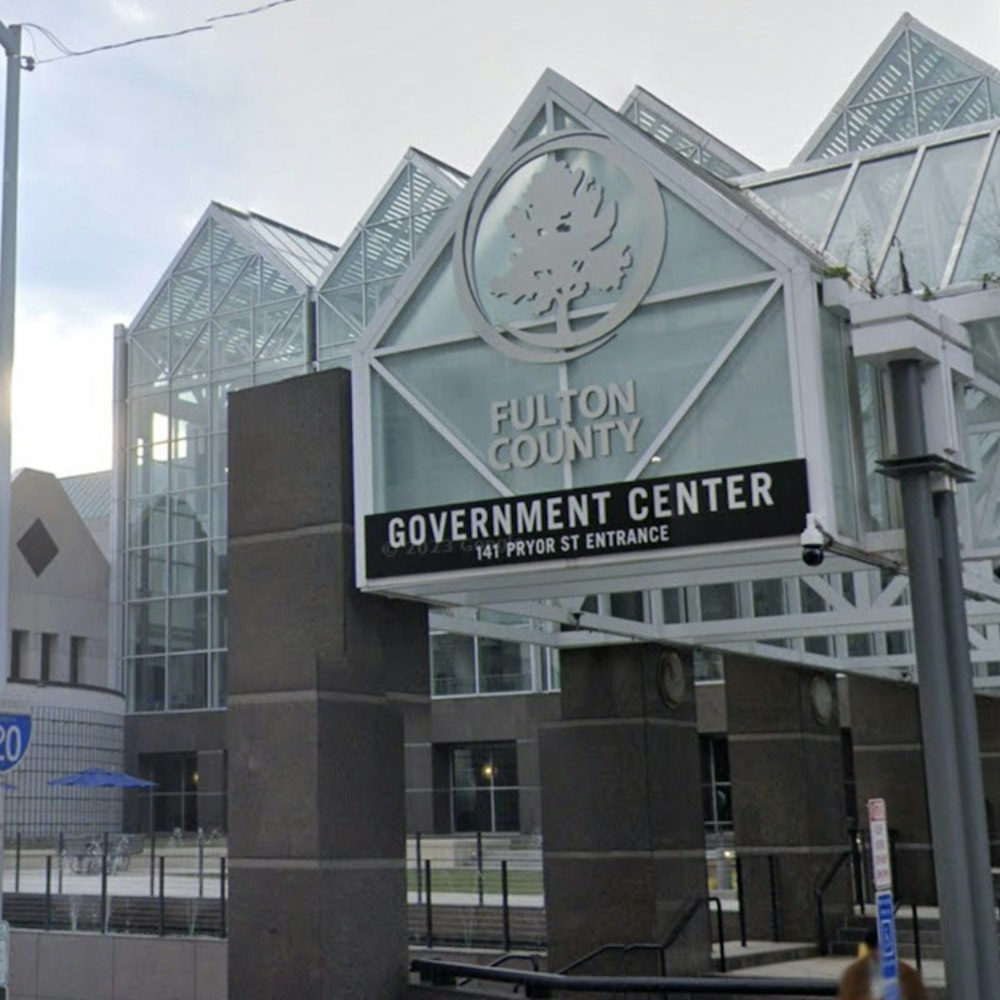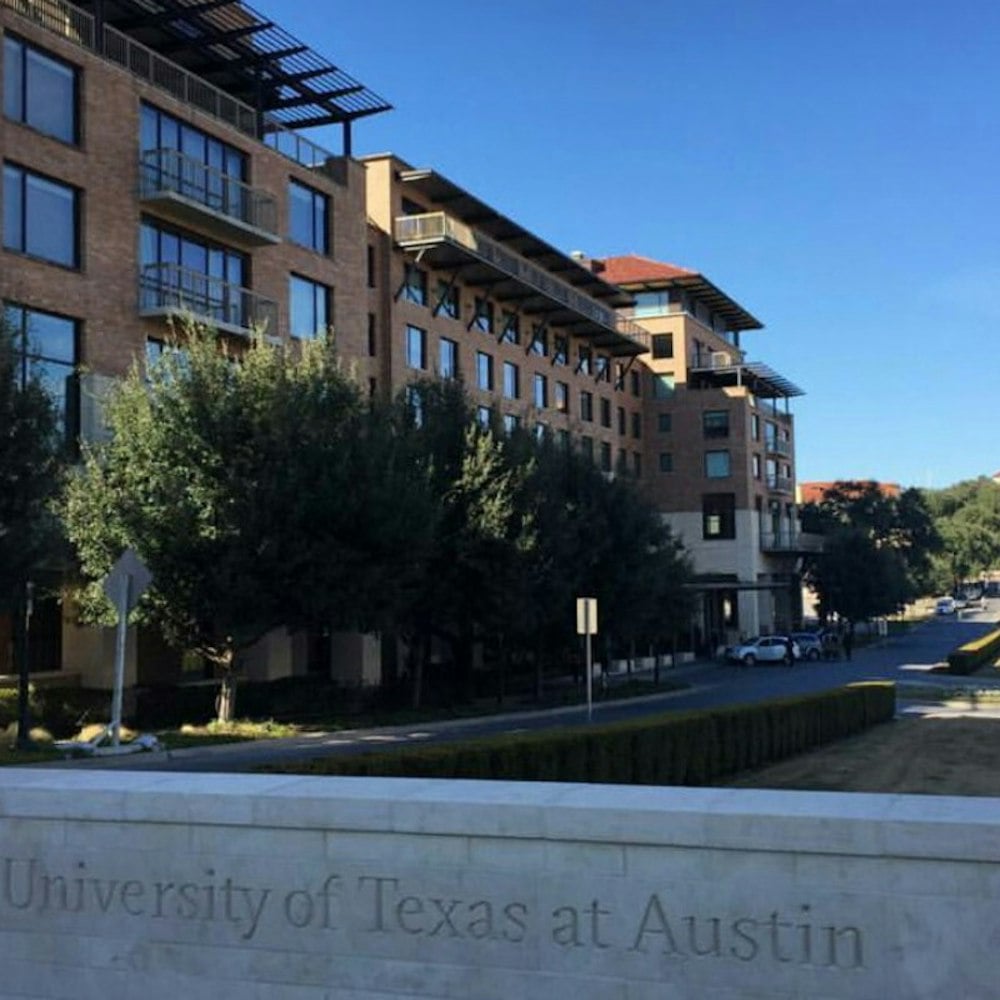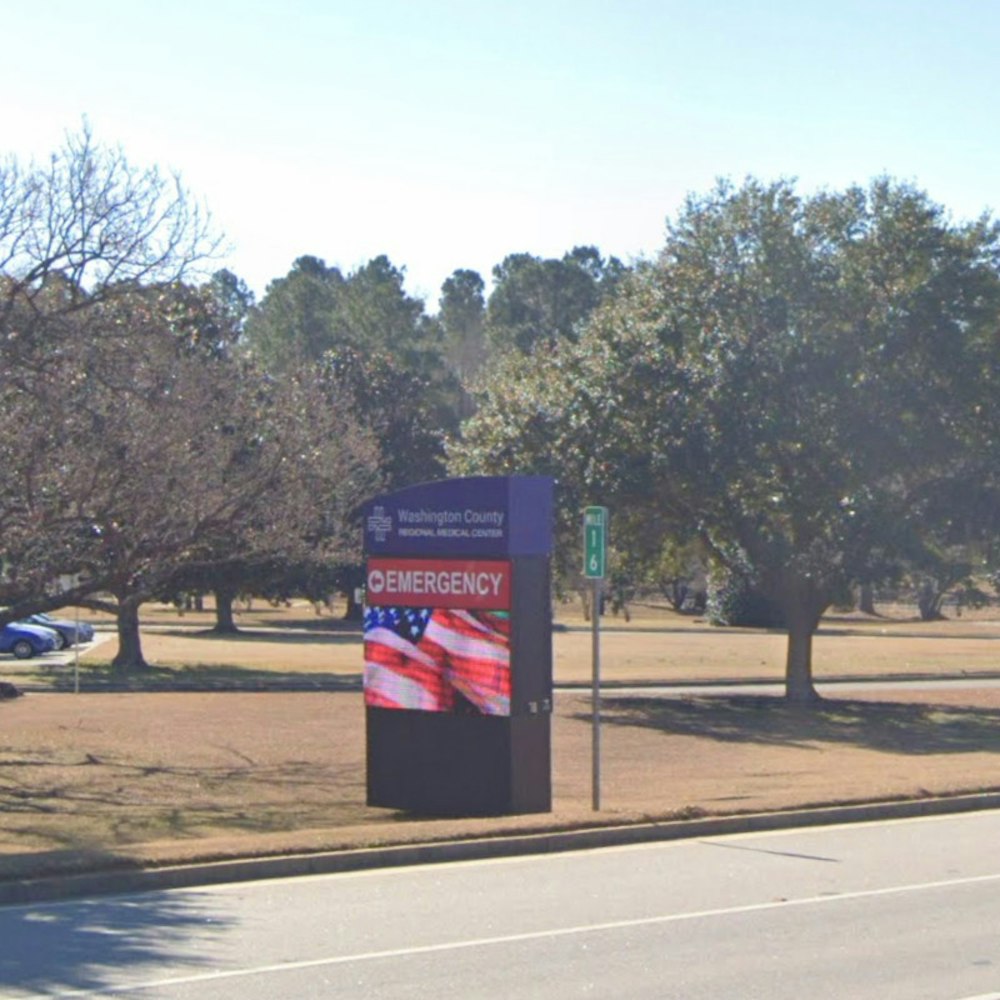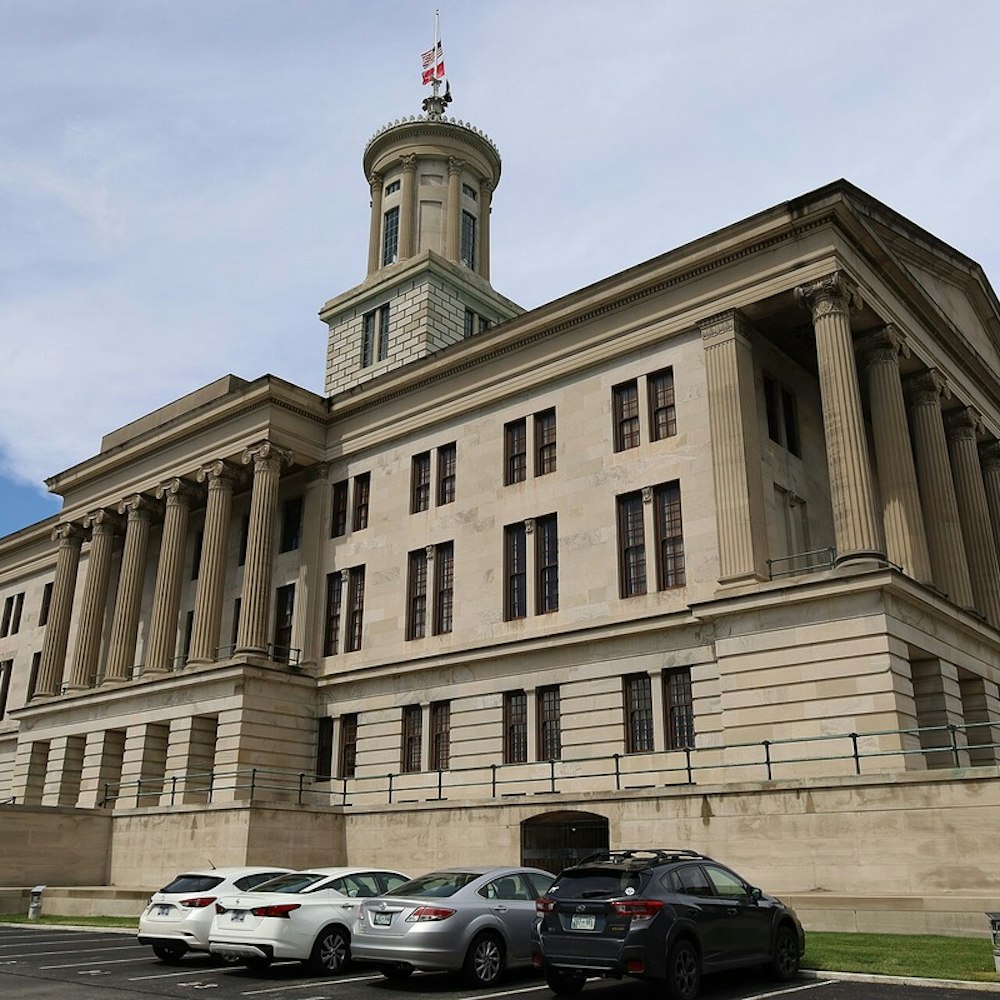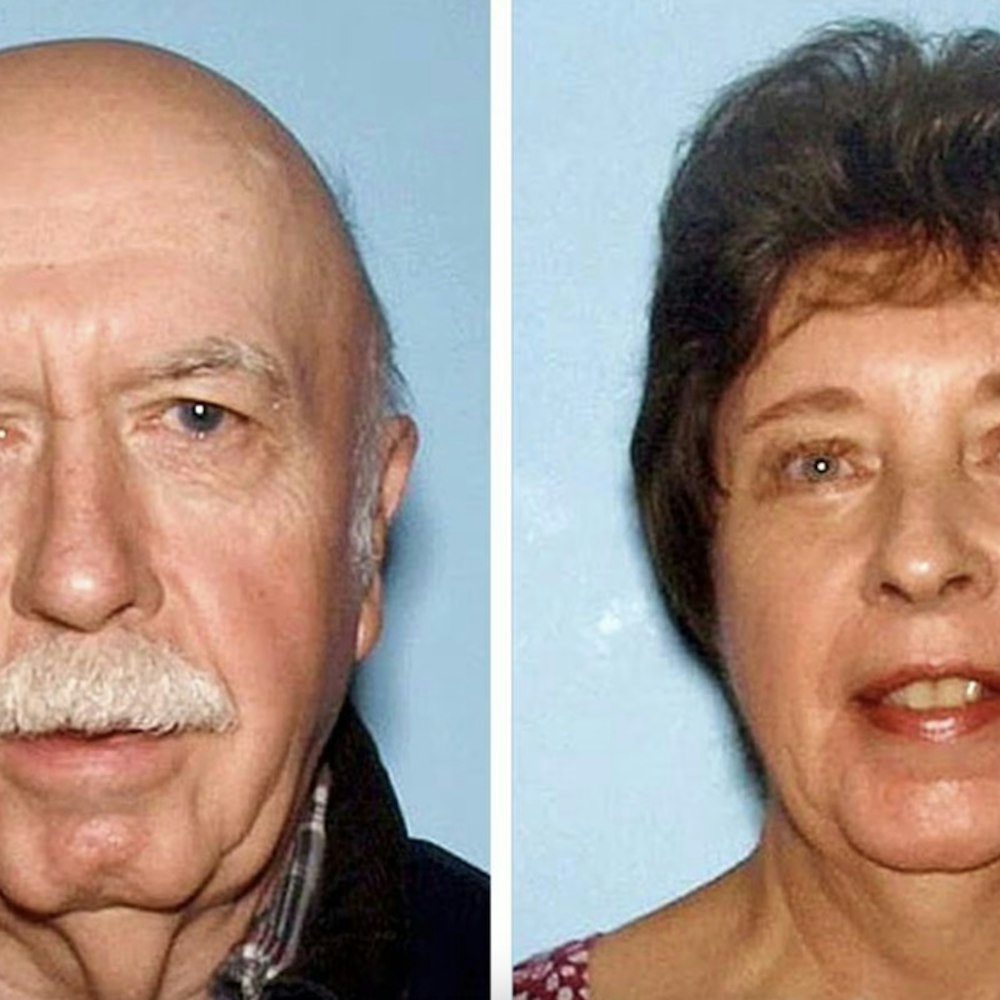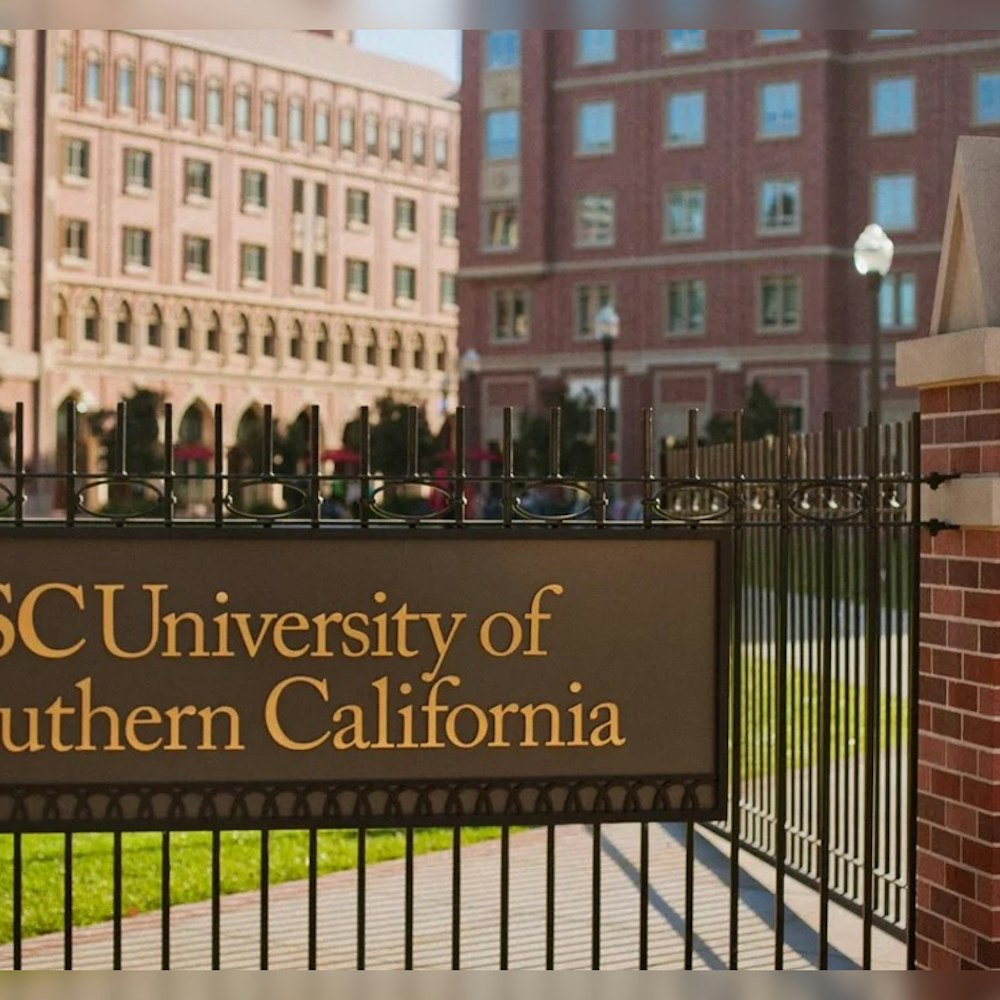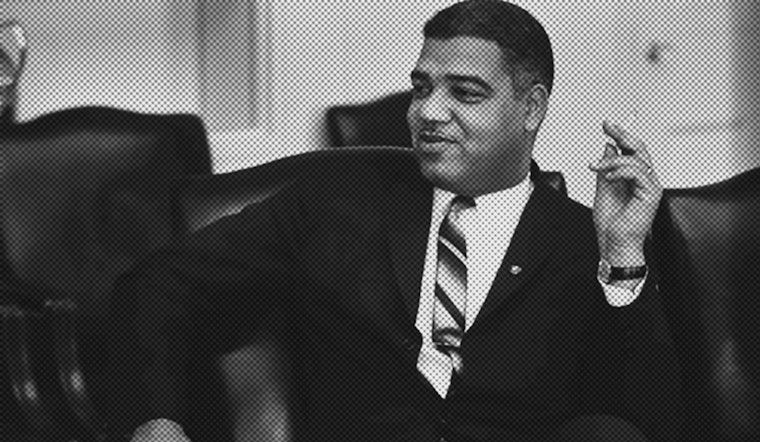
An exhibit recognizing the enduring influence of Whitney Young Jr., one of the founders of the 1960s civil rights movement, is on display at the the San Francisco chapter of the American Institute of Architects (AIA) through the end of this week.
The exhibition celebrates Young’s work to advance his philosophy that civic freedom equals economic freedom, and that the built, urban environment is a good place to start change. It was developed in part from the 50 Years After Whitney Young Jr. exhibition from the Architects Foundation.
Young was the executive director of the National Urban League in the 1960s, and is best known for his work to increase access to jobs and housing for people of color.
He is credited with changing access to a wide variety of professions, including through an influential speech at the AIA’s June 1968 annual convention.
On Tuesday, the exhibit will include a screening of The Power Broker: Whitney Young’s Fight for Civil Rights.
Young’s niece, journalist Bonnie Boswell, and her son Taylor Hamilton produced the documentary, which premiered in 2013. It is distributed by Independent Lens, a documentary-focused public media firm based in San Francisco.
“The Power Broker is very much my mother’s vision,” Hamilton, who is currently a San Francisco resident, said. Boswell knew Whitney Young growing up and, as a news reporter, compiled several smaller-scale productions highlighting his work. Hamilton joined the documentary effort in 2009 as a director and producer, alongside Christine Khalafian.
Hamilton didn’t have a personal relationship with his great uncle, who passed away well before he was born, but his middle name is Whitney. “I am very much named after him, and grew up hearing the stories… he is still part of the family,” he said.
Hamilton said that although Young was one of the “Big 6” civil rights leaders, he is not often recognized as an icon of the movement, because that’s not what is taught.
While Martin Luther King Jr. was the voice and the soul of the movement at the time, Young pushed the envelope on jobs and housing, Hamilton said. Young's priority at the National Urban League was creating jobs and housing, and putting people of color next to white people at home and at work.
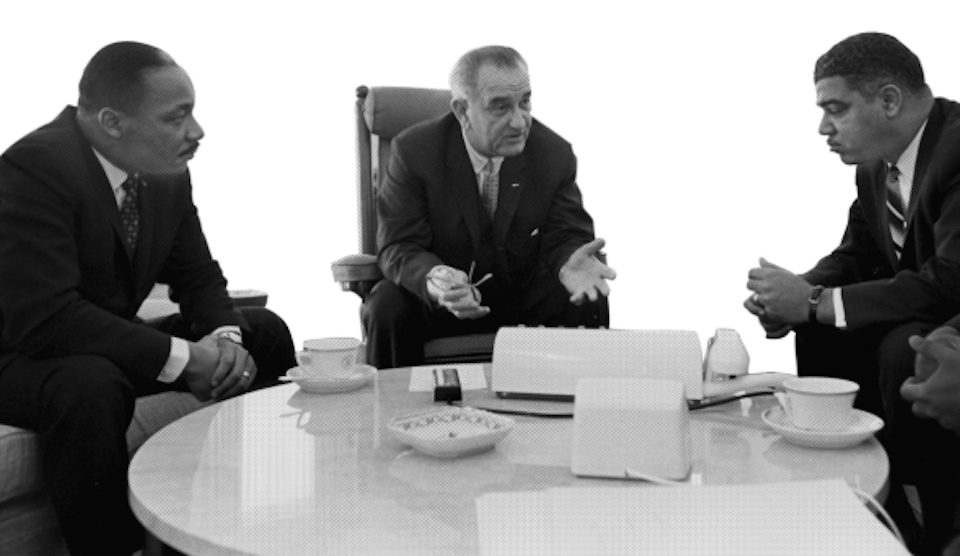
Young was called "The Power Broker" because he had the ears of the policymakers making decisions about federal and local housing spending, as well as the executives of the fastest growing corporations, Hamilton said.
He said the documentary is not only about Young’s influence on the civil rights movement, but also an effort to highlight what relevant lessons can be applied to today’s issues.
“It tells not only his story, but also his role in pulling very different groups together to create a big movement that resulted in seismic change.”
Hamilton said he believes that today, Young would call for communities to refocus on the foundations of the civil rights movement: equal access to housing, employment, and common space.
After the 55 minute film on Tuesday, Hamilton will join Fay Darmawi, founder and executive producer of the San Francisco Urban Film Fest, in a live discussion at the exhibit on “some big ideas on how to fix the city’s issues through the lens of his great uncle.” SFUFF partners with local organizations to bring film screenings to newly-renovated public spaces, in addition to hosting an annual event celebrating urban movies and their producers.

In contrast with Young’s focus on improving the urban environment for people of color, Hamilton said “San Francisco’s parks are “full of chaos and often filthy.”
“Where can we go to commune and share ideas if the city’s common areas don’t feel safe or welcoming?”
The discussion will also touch on the role San Francisco could play in changing the way new wealth associated with the tech boom is passed down through generations. Hamilton believes a San Francisco following Young’s philosophy today would focus on building affordable housing at a massive scale, and continuing to improve tech company diversity programs.
The event tomorrow at AIA starts at 5:30 p.m. and is free to attend. The broader exhibit will also be open during the screening event.

